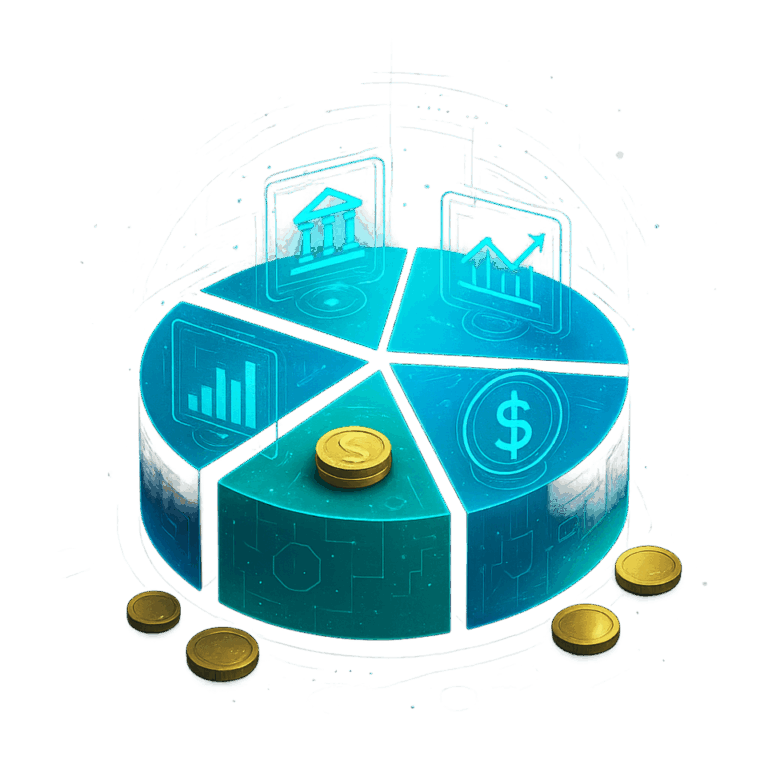Inflation is one of the most influential economic forces in modern society. It affects not only national economies but also the daily lives of individuals and families. Rising prices for goods and services impact purchasing power, savings, and long-term financial planning. Understanding inflation is essential for anyone interested in finance, investing, or retirement planning, as it plays a central role in shaping strategies for wealth preservation and growth.
What Is Inflation
Inflation refers to the rate at which the general level of prices for goods and services increases over time. When inflation rises, the purchasing power of money decreases, meaning that more currency is required to buy the same items. While a moderate level of inflation is considered normal and even beneficial for economic growth, excessive inflation or hyperinflation can destabilize financial systems and erode wealth. On the other hand, deflation, or falling prices, can discourage spending and investment, leading to stagnation.
Causes of Inflation
Inflation can be driven by several factors. Demand-pull inflation occurs when consumer demand for goods and services exceeds supply, pushing prices higher. Cost-push inflation arises when the cost of production, such as wages or raw materials, increases and companies pass those costs onto consumers. Monetary inflation results from an expansion in the money supply, which can reduce the value of each unit of currency. Often, inflation in an economy is a result of multiple overlapping causes.
Measuring Inflation
Economists and policymakers use indicators such as the Consumer Price Index (CPI) and the Producer Price Index (PPI) to measure inflation. The CPI tracks changes in the price of a basket of goods and services typically purchased by households, while the PPI measures the prices that producers receive for their output. These measurements help governments, central banks, and businesses adjust policies and strategies to maintain economic stability.
The Impact of Inflation on Personal Finances
For individuals, inflation has a direct effect on daily life. Rising prices reduce the value of wages, making it harder for households to maintain their standard of living. Savings held in cash or low-interest accounts lose value over time if they do not keep pace with inflation. Fixed-income retirees are particularly vulnerable, as their purchasing power diminishes year after year. Inflation also influences borrowing and lending, with interest rates often adjusted to reflect inflation expectations.
Inflation and Investing
Inflation has a profound effect on investment strategies. Some assets, such as stocks, real estate, and commodities, may provide protection against inflation by appreciating in value as prices rise. Bonds, on the other hand, can be negatively affected since fixed payments lose value in real terms. Diversification across asset classes is often seen as a way to mitigate the risks of inflation. Long-term investors must remain aware of inflation trends, as ignoring them can undermine financial growth and retirement planning.
The Role of Central Banks
Central banks, such as the Federal Reserve in the United States or the European Central Bank, play a key role in managing inflation. By adjusting interest rates, implementing monetary policies, and controlling the money supply, central banks attempt to maintain price stability. Their actions influence borrowing costs, investment decisions, and overall economic growth. Striking the right balance between encouraging economic activity and preventing runaway inflation is one of their most complex challenges.
Long-Term Planning in an Inflationary Environment
Inflation highlights the importance of long-term financial planning. Retirement savings, for example, must account for decades of rising costs. Insurance policies, annuities, and other financial products are often designed with inflation in mind to ensure that coverage remains adequate. For businesses, inflation can impact pricing strategies, wage negotiations, and investment in innovation. Individuals and companies alike must remain adaptable to changing economic conditions.
Conclusion
Inflation is more than an abstract economic concept; it is a reality that shapes personal finances and national economies alike. While moderate inflation can support growth, uncontrolled inflation can undermine wealth and stability. Understanding what causes inflation, how it is measured, and how it affects savings and investments allows individuals to make informed decisions. By recognizing the role inflation plays in financial planning, readers can better prepare for the challenges and opportunities it presents over time.



